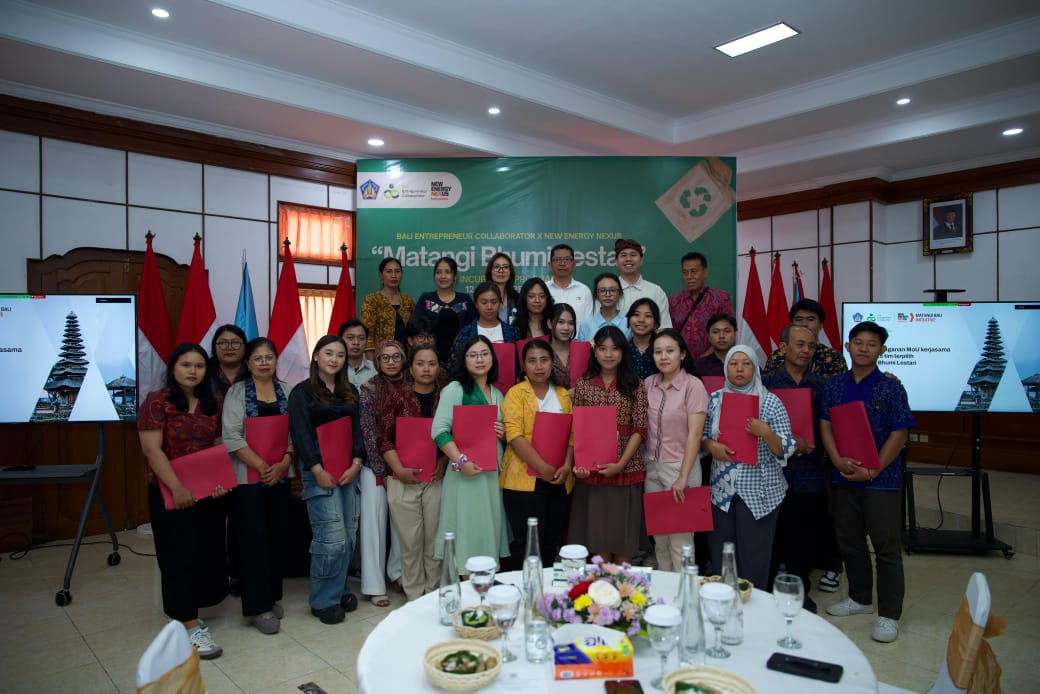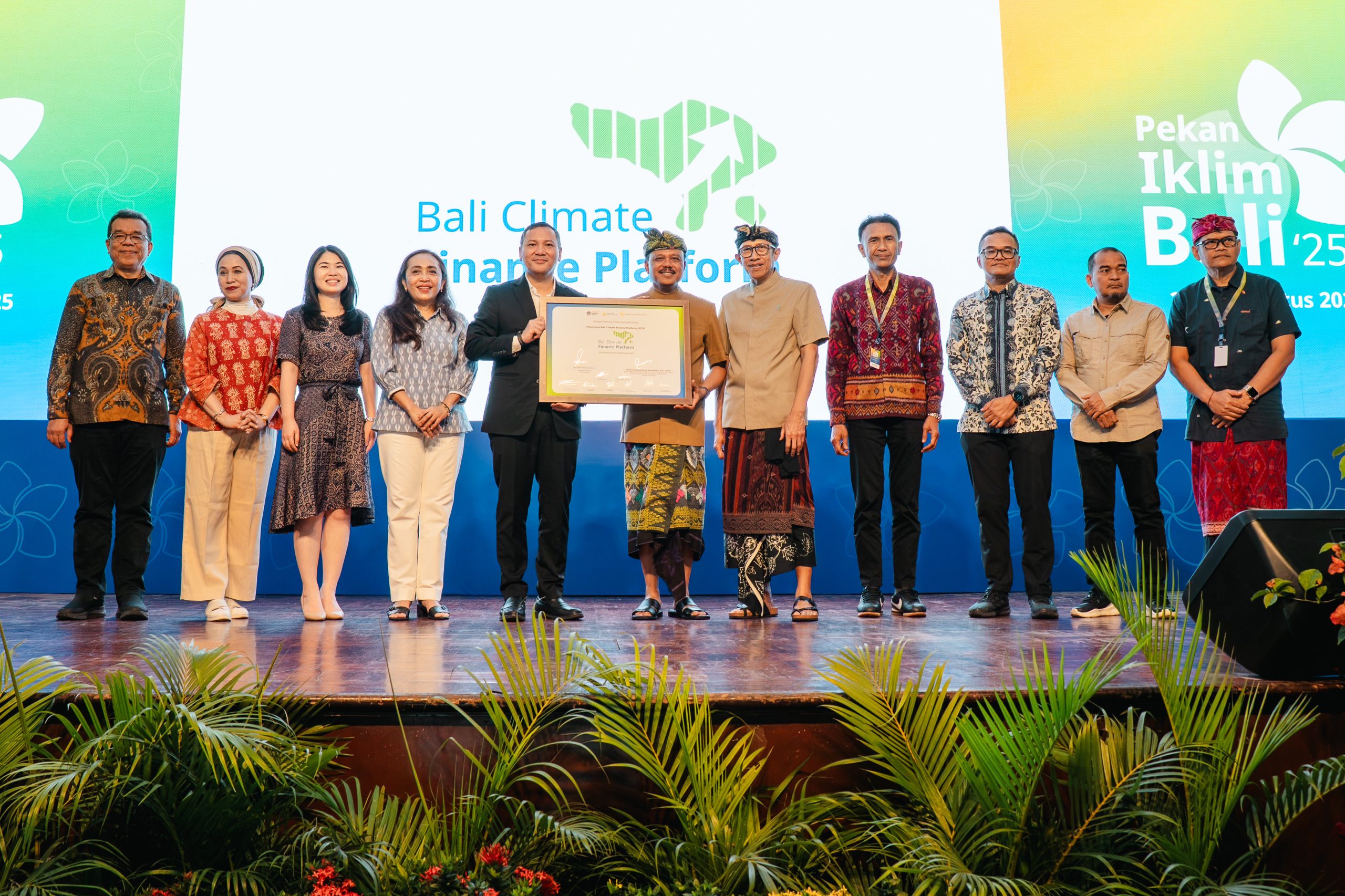Raja Ampat, an archipelago in West Papua, Indonesia, is globally renowned for its marine biodiversity. Often referred to as the “Amazon of the Seas,” the region is home to over 1,500 species of fish, 550 species of coral (about 75% of the world’s known coral species), and over 700 species of mollusks, making it one of the most biodiverse marine habitats on Earth.
But beneath these vibrant reefs lies a growingly concerning story – one that underscores the complexity of the global push toward a cleaner energy future.
To power electric vehicles (EVs), solar panels, and other green technologies, the global economy is increasingly reliant on nickel, a key component in lithium-ion batteries.
Indonesia is the world’s top nickel producer, accounting for more than half of global supply. Much of this production comes from the mineral-rich regions of Papua and Sulawesi. Nickel output rose sharply from under 800,000 tonnes in 2020 to 2.03 million tonnes by 2023.
According to the International Energy Agency (IEA), nickel demand for EV batteries is projected to increase 19-fold by 2040 under global net-zero targets. Indonesia has positioned itself as a critical player in this supply chain, with ambitious downstream industrial policies to refine and export nickel domestically.

But this growth comes at a price.
Recently, public outrage exploded after Greenpeace Indonesia activists staged a protest during the Indonesia Critical Minerals Conference & Expo in Jakarta on June 3, 2025. The demonstration drew national attention to ongoing nickel mining operations on Gag Island, part of the Raja Ampat archipelago – long regarded as one of the world’s richest marine biodiversity hotspots.
Four companies were reportedly involved in nickel mining activities on Gag Island. Following growing public pressure and protests from environmental groups and local communities, the government – through the Ministry of Energy and Mineral Resources (ESDM), under the directive of the President – revoked the permits of PT Anugerah Surya Pratama (ASP), PT Mulia Raymond Perkasa (MRP), PT Kawei Sejahtera Mining (KSM), and PT Nurham. Only PT GAG Nikel, a subsidiary of state-owned ANTAM, retained its permit and continues operations on the island.
The public outrage has also been fueled by the fact that existing laws explicitly prohibit mining on small islands like Gag Island. One such regulation is: UU No. 1 of 2014 on Coastal and Small Island Management
This law prohibits mining activities on small islands under 2,000 km², except under strict circumstances that prioritize ecological sustainability and community livelihood.
Gag Island, part of Raja Ampat, is well under this 2,000 km² threshold, meaning that granting mining permits on the island directly violates this law.
Presidential Decree (Keppres) No. 41 of 2004 regulates mining activities in certain islands of strategic national interest. It lists PT Gag Nikel as having an exploitation license over 13,136 hectares in Sorong, Papua.
However, the inclusion of PT Gag in this list appears to be the only legal basis for its continued operations, while others not mentioned in the Keppres have had their licenses suspended.
PT Gag Nikel is a joint venture between Aneka Tambang (ANTAM) and foreign investors, and it has been the subject of previous legal and environmental battles. The Keppres appears to grant legitimacy to its exploitation activities in a limited area, but whether this overrides newer environmental laws like UU 1/2014 remains highly contested.
The events in Raja Ampat have sparked wider concerns: Is Indonesia sacrificing ecological treasures to become a global battery superpower? Can a truly green future be built on the destruction of one of Earth’s last pristine marine habitats?

Community members and activists are calling for stronger environmental impact assessments, more rigorous licensing procedures, and long-term thinking beyond short-term economic interests.
As Indonesia walks a tightrope between industrial ambition and environmental preservation, Raja Ampat stands as a symbol of what we risk losing – and what we must fight to protect.
Share this article
Share on facebook
Share on twitter
Share on linkedin
Share on whatsapp






